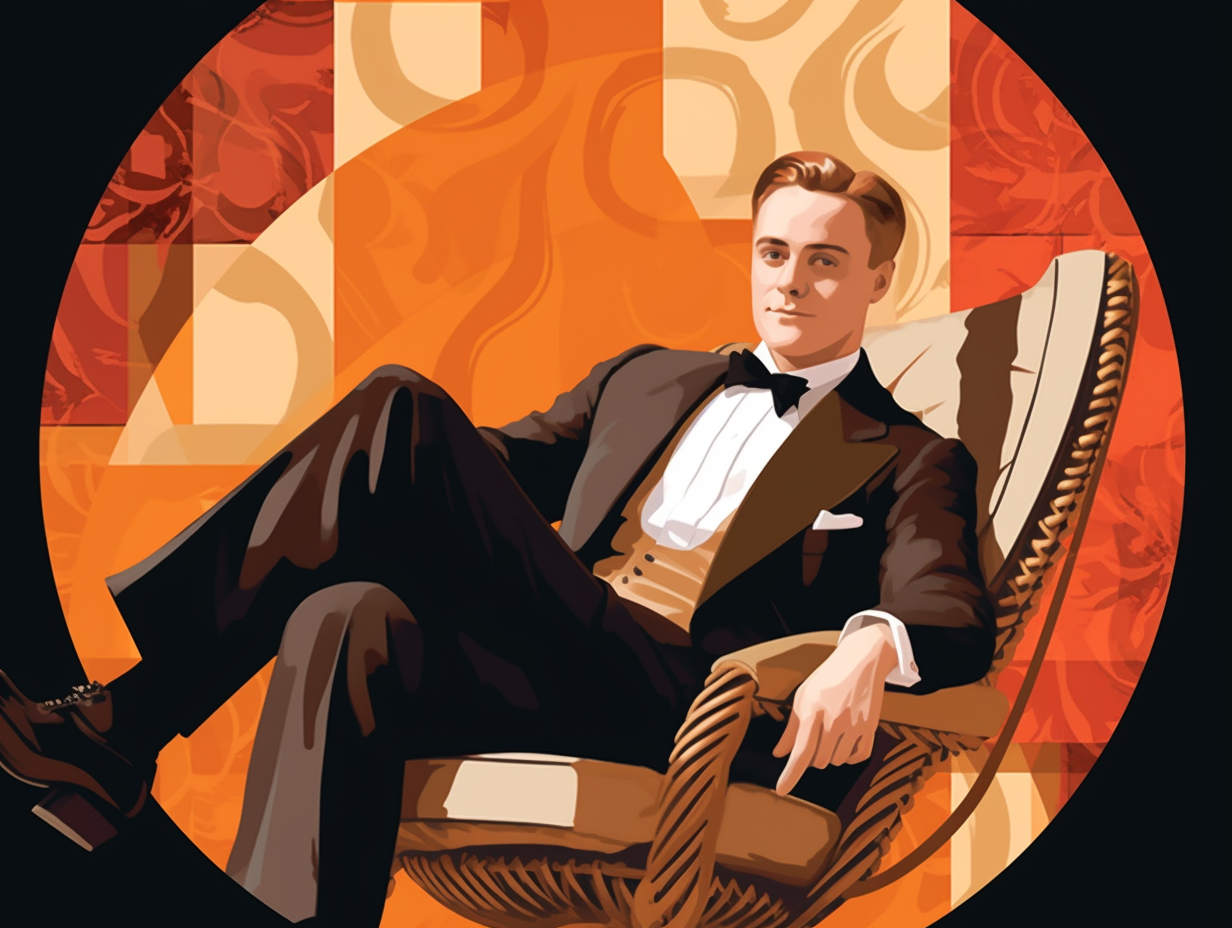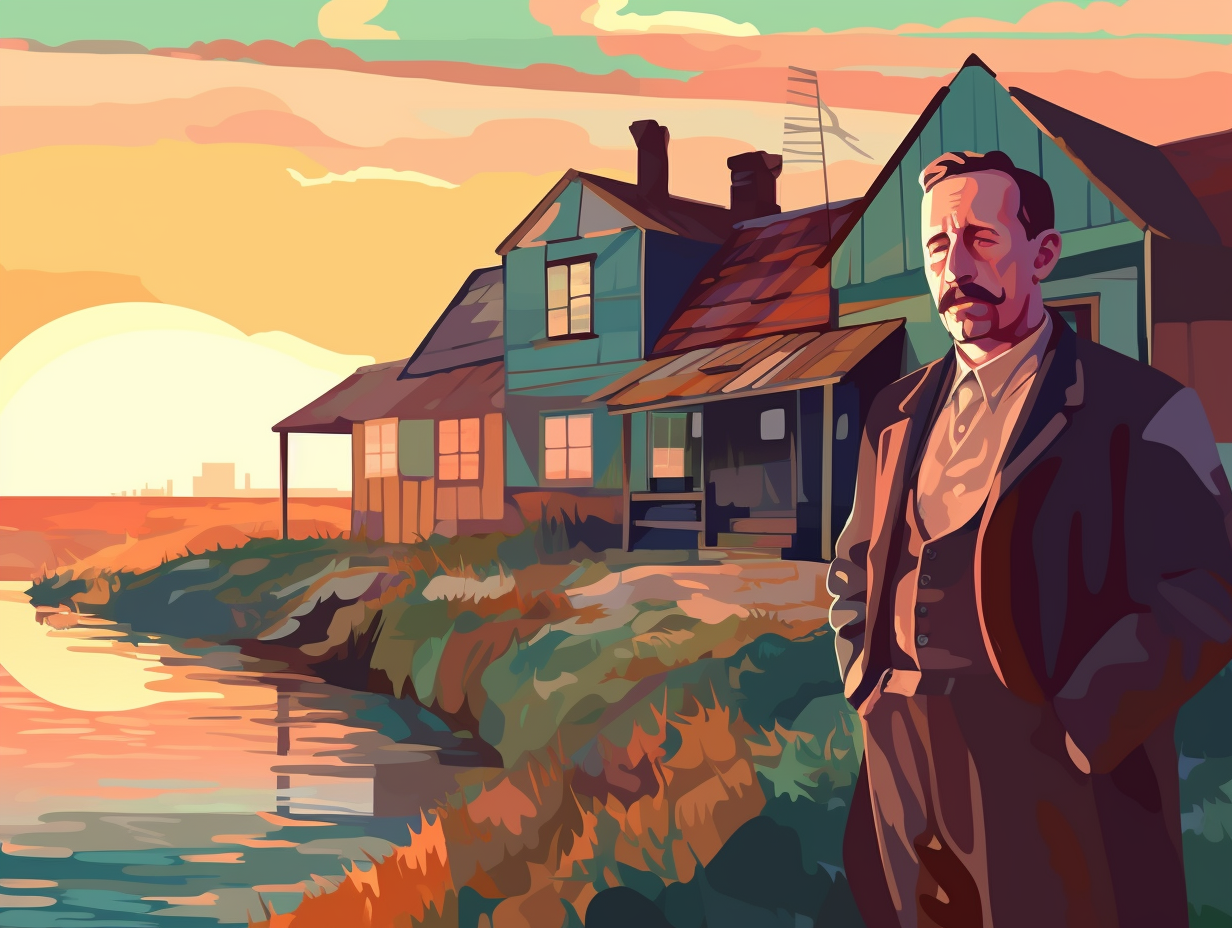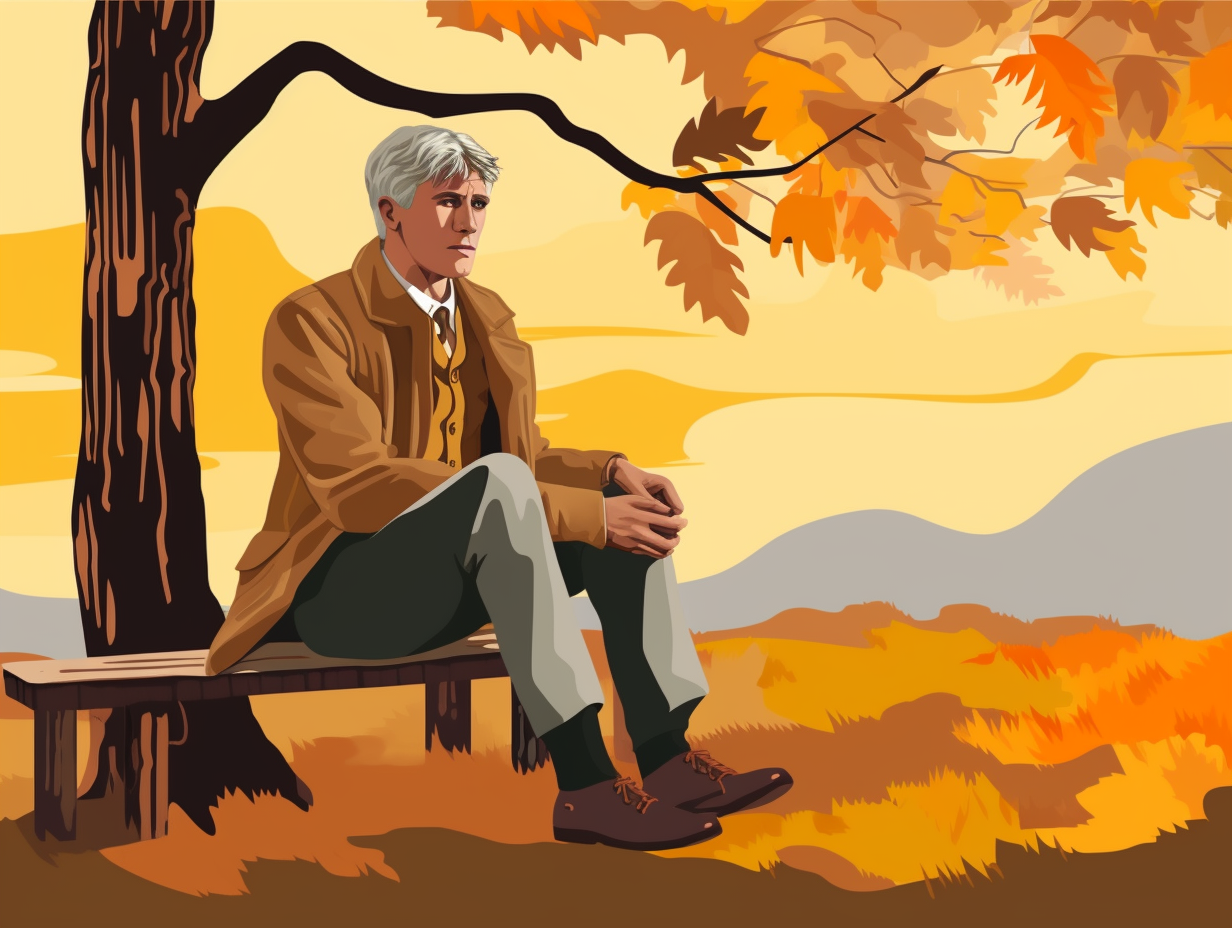Uncover the Secrets: Top 8 Fun Facts About Your Favorite Authors Revealed!

1. Rowling's Lucky 13
They say thirteen's a charm, and for our favorite wizarding world conjurer, it certainly was: J.K. Rowling finally found success with lucky publisher number thirteen, after twelve rejections for her first Harry Potter book and battling life as a single parent on state benefits and her own Dementor, clinical depression. This gritty Gryffindor went on to become a literary luminary, with her Quidditch-quilled words now worth a cool billion.
Source => conovercompany.com
2. Poe's 3-Day Tell-Tale Heart
If Edgar Allan Poe had a Fitbit, it would be shocked by how quickly that heart started telling tales: "The Tell-Tale Heart" was written in a mad-dash of just three days in January 1843, first published in The Pioneer's January 1843 issue, and has haunted readers ever since with its thrilling depiction of a narrator's spiral into insanity.
Source => xroads.virginia.edu

Did you know the world's smallest printed book, "Flowers of the Four Seasons," measures a tiny 0.74 x 0.75 mm? Discover this minuscule marvel at the Toppan Printing Museum in Tokyo, Japan! 📚🔎
=> Fun Facts about Books
3. Stoker's Theatrical Flop
In a tale as old as moonlit Transylvania nights, the man behind Dracula took a bite at stage life and got a little more than he bargained for: Bram Stoker held a one-time-only reading of his famed novel at London's Lyceum Theatre to snag those elusive theatrical rights, but alas, life didn't imitate undead art – the haphazard performance was left in the coffin, and Stoker never sank his teeth into managing a thriving London theater.
Source => en.wikipedia.org
4. Twain and Mackay's Golden Friendship
Whoever said "opposites attract" must have had Mark Twain and John Mackay in mind: an unlikely bromance between a quirky wordsmith and a prosperous miner. Their camaraderie dug deeper than a gold mine: Mackay cherished the company of literary luminaries, especially Mark Twain, proclaiming his addiction to their society until his death in 1902.
Source => time.com

5. Doyle's Real-Life Sleuthing
Elementary, my dear reader! Before solving crimes with Benedict Cumberbatch became cool, Sir Arthur Conan Doyle turned the pages of reality into detective fiction and played a Sherlock Holmes of his own: Doyle actually utilized his sleuthing skills to save an innocent man, George Edalji, who was wrongfully convicted of animal cruelty, consequently inspiring the establishment of an official Court of Appeals in British law.
Source => mentalfloss.com
6. Austen Sisters' Royal Mockery
Remember those Secret Society Sisters and Tea Time Gossips? Jane and Cassandra Austen were partners in crime, cooking up stories of royal mockery: Jane and her sister Cassandra created The History of England, a satirical piece that pokes fun at the historical writing style and features an unconventional portrayal of Elizabeth I and Mary, Queen of Scots, complete with Cassandra's comical illustrations.
Source => daily.jstor.org
7. Huxley's Psychedelic Philosophy
Aldous Huxley: Supplying Thought Experiments Since 1932! This brain-bending-enthusiast and author of Brave New World had a penchant for mind-altering substances long before he ever dabbled in them himself: In fact, psychedelic experiences later shaped his philosophy, leading him to pen The Doors of Perception and promote the potential educational benefits of hallucinogenic trips—although certain skeptical intellectual party-poopers, like Carl Jung, didn't quite RSVP to Huxley's mind-expanding soirées.
Source => thereader.mitpress.mit.edu
8. Gatsby's Evolving Title
Before Jay Gatsby threw his famous parties, he was quite the indecisive socialite when it came to naming his own story — "Trimalchio's Mash-up" didn't quite have the same ring to it: F. Scott Fitzgerald initially titled his masterpiece "Under the Red, White, and Blue," later altering it to "Trimalchio in West Egg" before finally settling on "The Great Gatsby" for his iconic novel.
Source => goodreads.com
Related Fun Facts




















